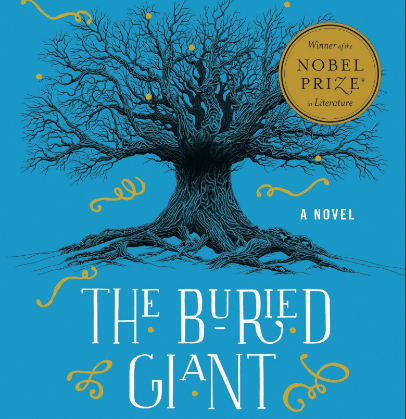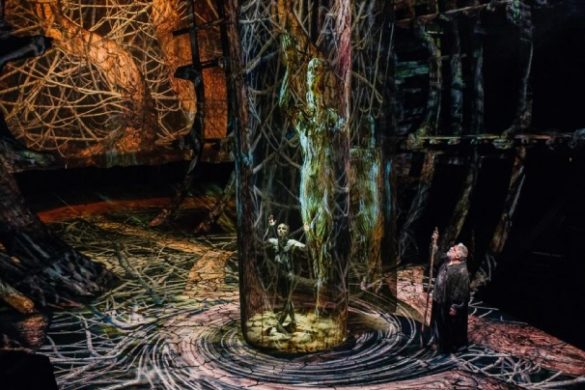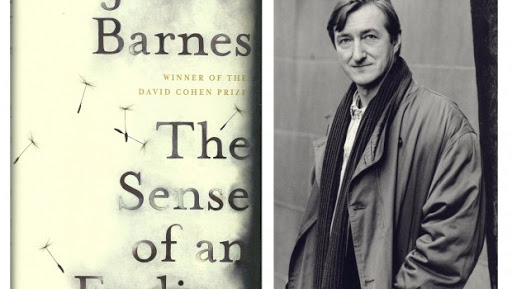There’s nothing like diving into a novel and finding yourself in a new world where you’re free to choose your part. You may wander through the events as an observer or allow your imagination to merge you with one of the characters and live their life. The novels I tend to read are like open doors to theme parks, also neatly classified as either science fiction, a historical adventure, or a thriller. Once inside, you do expect magical things to happen, but within the frame of the genre.
The works of Kazuo Ishiguro are anything but a safe passage to a relatively predictable fictional realm. They break out of the genre borderlines. They puzzle, perplex, take aback, even annoy at times – doing it all with the peculiar use of language and linguistic devices that I’m not capable of pinpointing. Not one of his seven novels is similar to another in terms of language style or atmosphere. However, they are united by their out-of-genre-ness and mesmerizing strangeness.
The Buried Giant, the latest novel of Ish, as his nickname goes, was published in 2015. Set in a semi-historical England, in the sixth or seventh century, some years after a bloody war between the Britons and the Saxons, the novel is about a journey undertaken by an old couple, Axel and Beatrice. In search of their son, they travel from one village to another, and along the way, they are joined by a warrior, a wounded boy and a knight. Strangeness starts creeping in when we read about ogres, pixies and dragons inhabiting that land. You might think it is reminiscent of Tolkien and G.R. Martin, but far from it, the England of The Buried Giant has none of the excitement and thrill of the “normal” fantasy world. The mythical creatures are taken for granted by the novel characters, and in turn by us, the readers. The action scenes are narrated in retrospect when we already know the fate of the characters.
The central theme of the novel is a loss of memory, both collective and individual. The writer explores the reasons, effects and consequences – negative as well as positive – that may underlie and arise from this mysterious amnesia. Do we lose our identity if our past slips away, or does forgetting allow the wounds to heal and mutual love to grow? If a national peace is built on negation and hushing up the bloodshed and atrocities of the past, is it justified? These are the questions the main characters are confronted with; however, for all their convictions, they all come to realize that any answer would be double-edged.
There is one question that does receive a definite answer: can anyone due to some very special circumstances cheat their fate? Once you grasp the final message, you cannot get your mind off the book. It’s not a book to love, but to remember.
- Неожиданное значение Present Perfect! - 17.01.2023
- moxie/pizazz/shenanigans – Oliver speaks (Only Murders in the building) - 17.01.2023
- In Passing/Pass/Pass by - 08.01.2023













